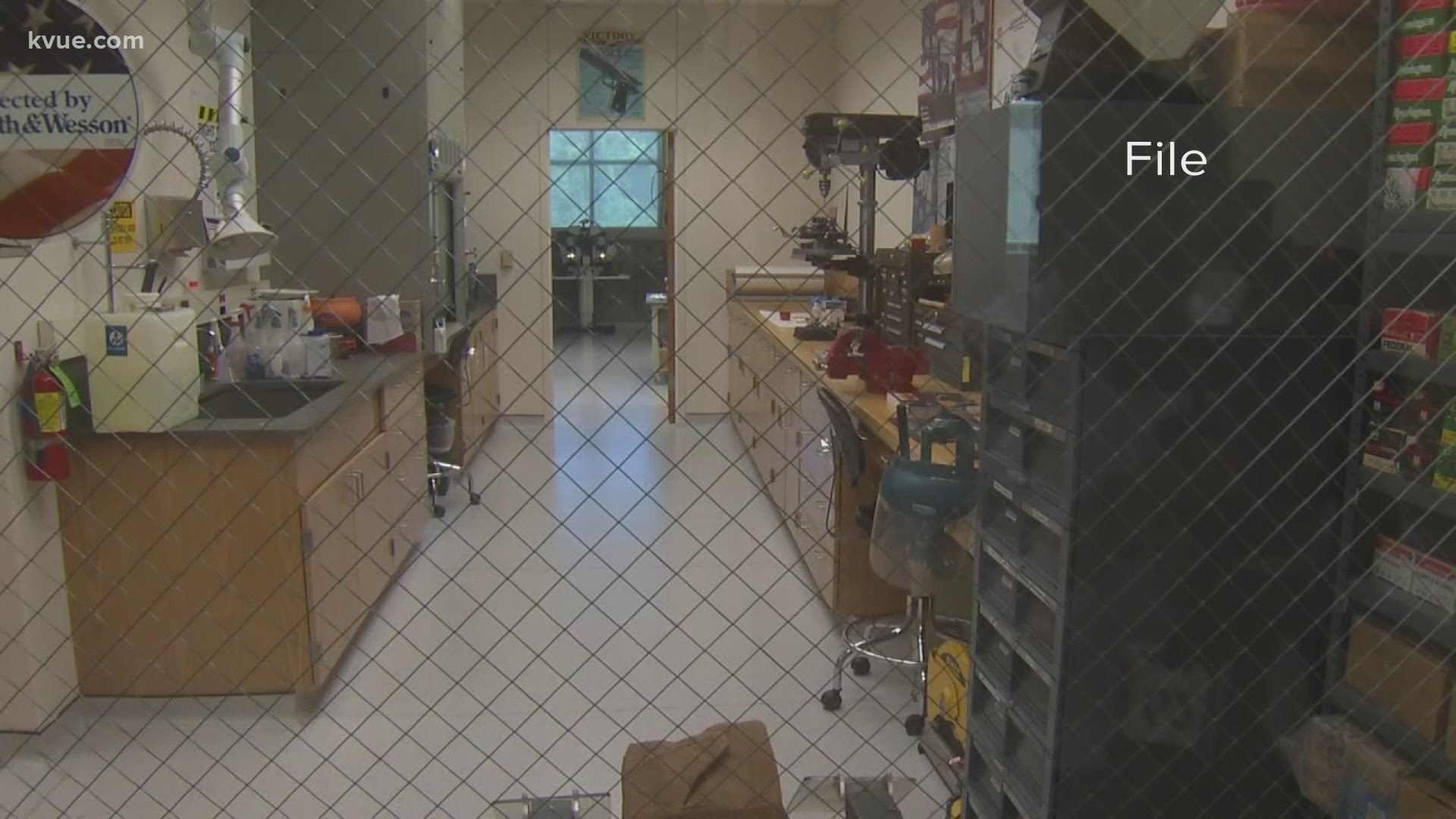AUSTIN, Texas — On Thursday, Austin City Council will decide whether the Austin Police Department will continue to operate the forensics lab, or if it will become independent of APD.
The move has been discussed since 2016, according to Councilmember Greg Casar. Casar credits the summer's protests as the catalyst for the change happening now.
"When it was discovered that there were unsound scientific practices at our DNA lab, when parts of the lab had to get shut down because they weren't meeting scientific quality standards, when it was discovered that there were decades of long backlogs of rape kits, we looked into how it is we could restructure our entire forensics department so that that could never happen again," Casar said.
The APD declined to comment ahead of Thursday's meeting; however, the head of the Austin Police Association supports the change too.
"I think it should have been done years ago," Ken Casaday said. "It gives a third eye, not a police eye, to the evidence that's being examined. It won't be coming from the police department; it will be coming from a neutral third party, which we support."
Casaday believes accusations of falsifying evidence and evidence tampering will end if the lab has its own leadership structure that does not fall under the umbrella and budget of Austin police. If the city council approves the measure on Thursday, it will reallocate the nearly $12 million earmarked in APD's budget for the lab into a Forensic Science Bureau.
The Survivor Justice Project also praises the idea. Co-founder Ana DeFrates said sexual assault survivors see the vote as a victory.
"It's been four or five years now that we have been saying the same things," DeFrates said. "Frankly, it shouldn't have been this difficult. It should not be this hard for survivors to be heard."
DeFrates founded Survivor Justice Project in 2016, shortly after the discovery of the backlog of rape kits. She believes separating the forensics lab from Austin police is the first step in improving the lab's performance.
"This move [Thursday] doesn't solve all the problems," DeFrates said. "It is a big step in the right direction, divesting $12 million from law enforcement and putting it into the hands of an independent department led by a scientist is the right move. We're are still going to be a whole group of people, including us, working to ensure that there are real mechanisms to communicate with that department, so that the community can be heard, so that people who have questions can have those questions answered. We're hopeful that that's more likely now than it was before."
PEOPLE ARE ALSO READING:

